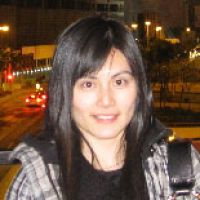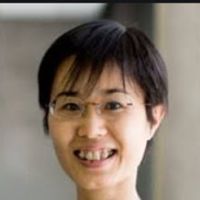BCS Co-op Program
The BCS (ICS) Program offers a co-operative education option to students who are interested in gaining work experience in the information technology field prior to the completion of their degree. Students interested in the Co-op option are encouraged to submit a separate application through the Computer Science Co-op Program (https://sciencecoop.ubc.ca/prospective/apply/cs), after they have been admitted to BCS. Students tend to start their Co-op work-term after the third or fourth academic term (see Academic Schedule); contact the Co-op office for further details. BCS students normally do not go out on Co-op during the first summer.
BCS students who have been admitted into the Co-op program receive training through a series of mandatory workshops on such topics as resumes, cover letters, interview skills, and transitions to the workplace before they begin applying for Co-op positions. Students apply for Co-op positions in conjunction with the Co-op office, as well as conducting their own job search, if they wish.
Co-op positions are full-time, paid positions related to a student's degree. For BCS students, these positions can be in Computer Science or in a position that combines their knowledge from their previous degree (and/or prior work experience) with what they have learned in the academic terms of BCS.
Students successfully placed with a company will be enrolled in a Co-op course and pay the associated Co-op fee for each Co-op term (see Program, Course, and Faculty Fees section in UBC Calendar). In their prior academic term, Co-op students must also budget additional time for applying for Co-op jobs and for preparing for, and attending, interviews. This can take as much time as an extra course.
Please also note that BCS students cannot end their program with a Co-op term; it must be an academic term.
The Co-op program is an optional program in which students apply for admission. BCS students must fulfill the following requirements to be eligible:
- Be in the process of completing CPSC 110
- Demonstrate sufficient technical, communication and teamwork skills useful to Co-op employers
After the application is assessed, the students meeting the eligibility will be interviewed, where they are assessed for soft skills such as verbal and written communication, professionalism, a good attitude and computer related technical skills.
Co-op is a competitive program; therefore, not all students are accepted into the program. However, about 75% of the BCS students decide to apply to the co-op program, and a majority of them are accepted.
The BCS Co-op program is administered by the Science Co-op office. If you have been admitted to the BCS program, you can contact the Co-op administrative assistant (CSCoop@sciencecoop.ubc.ca; 604-822-8844) for more information about the Co-op option.




